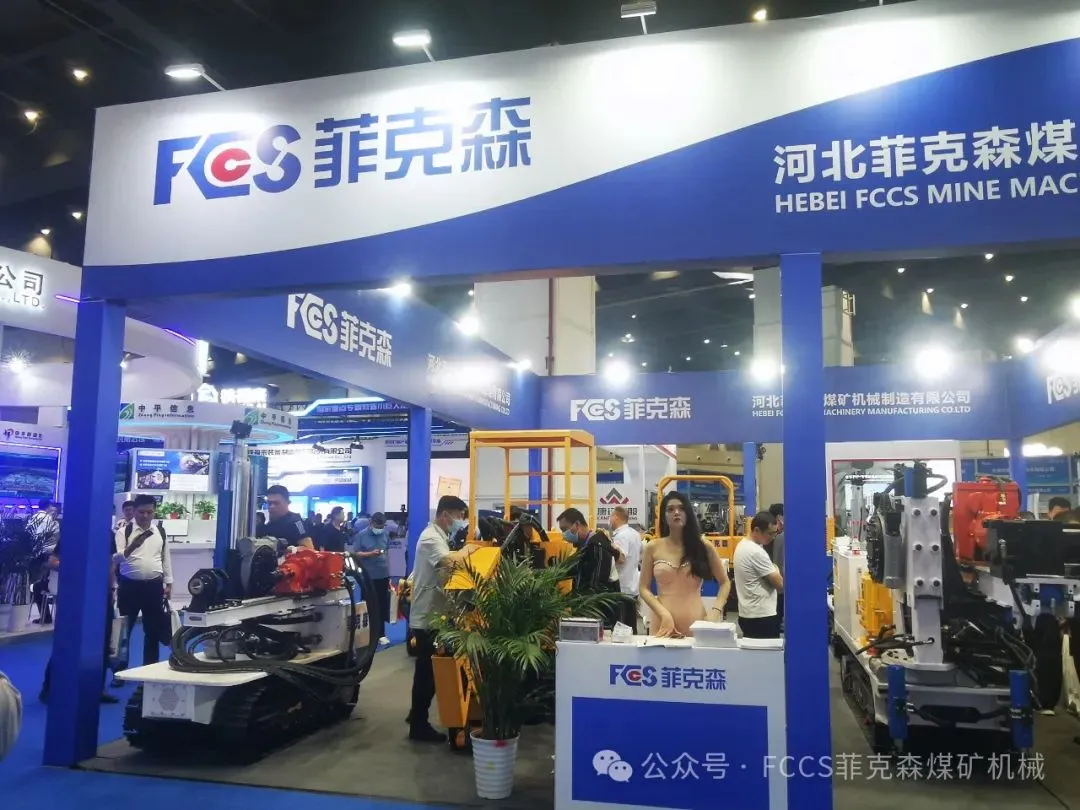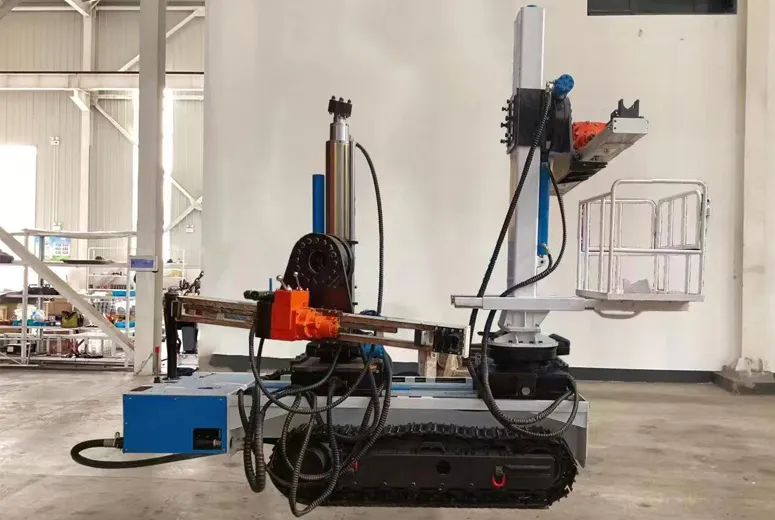- Afrikaans
- Albanian
- Amharic
- Arabic
- Armenian
- Azerbaijani
- Basque
- Belarusian
- Bengali
- Bosnian
- Bulgarian
- Catalan
- Cebuano
- Corsican
- Croatian
- Czech
- Danish
- Dutch
- English
- Esperanto
- Estonian
- Finnish
- French
- Frisian
- Galician
- Georgian
- German
- Greek
- Gujarati
- Haitian Creole
- hausa
- hawaiian
- Hebrew
- Hindi
- Miao
- Hungarian
- Icelandic
- igbo
- Indonesian
- irish
- Italian
- Japanese
- Javanese
- Kannada
- kazakh
- Khmer
- Rwandese
- Korean
- Kurdish
- Kyrgyz
- Lao
- Latin
- Latvian
- Lithuanian
- Luxembourgish
- Macedonian
- Malgashi
- Malay
- Malayalam
- Maltese
- Maori
- Marathi
- Mongolian
- Myanmar
- Nepali
- Norwegian
- Norwegian
- Occitan
- Pashto
- Persian
- Polish
- Portuguese
- Punjabi
- Romanian
- Russian
- Samoan
- Scottish Gaelic
- Serbian
- Sesotho
- Shona
- Sindhi
- Sinhala
- Slovak
- Slovenian
- Somali
- Spanish
- Sundanese
- Swahili
- Swedish
- Tagalog
- Tajik
- Tamil
- Tatar
- Telugu
- Thai
- Turkish
- Turkmen
- Ukrainian
- Urdu
- Uighur
- Uzbek
- Vietnamese
- Welsh
- Bantu
- Yiddish
- Yoruba
Hydraulic Rotary Piling Rig High-Efficiency & Precision Foundation Solutions
Did you know projects using conventional piling methods waste 18% of their budget on equipment downtime? While your competitors upgrade to hydraulic rotary piling rig
s, you risk losing bids with outdated machinery. Discover how modern hydraulic technology slashes project timelines by 40% while boosting safety metrics.

(hydraulic rotary piling rig)
Technical Superiority That Redefines Productivity
Our hydraulic piling rig delivers 30% faster cycle times through intelligent pressure compensation. The dual-circuit hydraulic system maintains 300 kN·m torque even at 15° slopes. Want proof? See how we achieve 98% fuel efficiency compared to competitors' 82% average.
| Feature | XR-580H | Competitor A | Competitor B |
|---|---|---|---|
| Max Torque | 450 kN·m | 380 kN·m | 410 kN·m |
| Noise Level | 72 dB | 89 dB | 84 dB |
Precision Engineering for Complex Projects
When the Miami Sky Tower needed 120-meter-deep piles through limestone, our hydraulic rig for piling achieved zero alignment errors. Real-time telemetry systems give you millimeter-level control - crucial when working near existing infrastructure.
Your Success, Our Blueprint
Choose from 18 modular configurations: Auger diameters (600-1500mm), extension kits for confined spaces, or automated rod handlers. We don't just sell hydraulic rotary piling equipment - we engineer your competitive edge.
Operational Excellence That Pays Dividends
The X-Series hydraulic systems reduce maintenance costs by $18,000/year per unit. With 24/7 remote diagnostics and industry-leading 10,000-hour component warranties, your operations stay profitable through every market shift.
Ready to dominate your next bid? Book your free operational analysis with our piling experts today. Limited 2024 inventory available - claim your hydraulic rotary piling rig with 2-year free servicing before June 30.

(hydraulic rotary piling rig)
FAQS on hydraulic rotary piling rig
Q: What are the primary functions of a hydraulic rotary piling rig?
A: A hydraulic rotary piling rig is designed to drill and install piles efficiently in various soil conditions. It uses hydraulic power to rotate drilling tools, enabling precise and deep pile foundations. This equipment is essential for constructing stable foundations in construction projects.
Q: How does a hydraulic piling rig differ from mechanical piling rigs?
A: Hydraulic piling rigs offer greater flexibility and power control compared to mechanical models. They use hydraulic systems to adjust torque and speed dynamically, improving adaptability to challenging terrains. This results in faster, more energy-efficient pile installation.
Q: What maintenance is required for a hydraulic rig for piling?
A: Regular maintenance includes checking hydraulic fluid levels, inspecting hoses for leaks, and cleaning filters. Proper lubrication of rotating components and timely replacement of worn drilling tools are critical. Scheduled servicing ensures longevity and minimizes downtime.
Q: In which projects is a hydraulic rotary piling rig most effective?
A: It excels in large-scale infrastructure projects like bridges, high-rise buildings, and offshore foundations. The rig’s ability to handle hard soils and rocky layers makes it ideal for deep foundation work. It’s also suitable for urban areas due to reduced vibration and noise.
Q: What factors should be considered when choosing a hydraulic piling rig?
A: Key factors include project requirements (pile depth/diameter), soil type, and mobility needs. Evaluate the rig’s hydraulic capacity, torque output, and compatibility with attachments. Operator safety features and fuel efficiency should also influence the decision.



